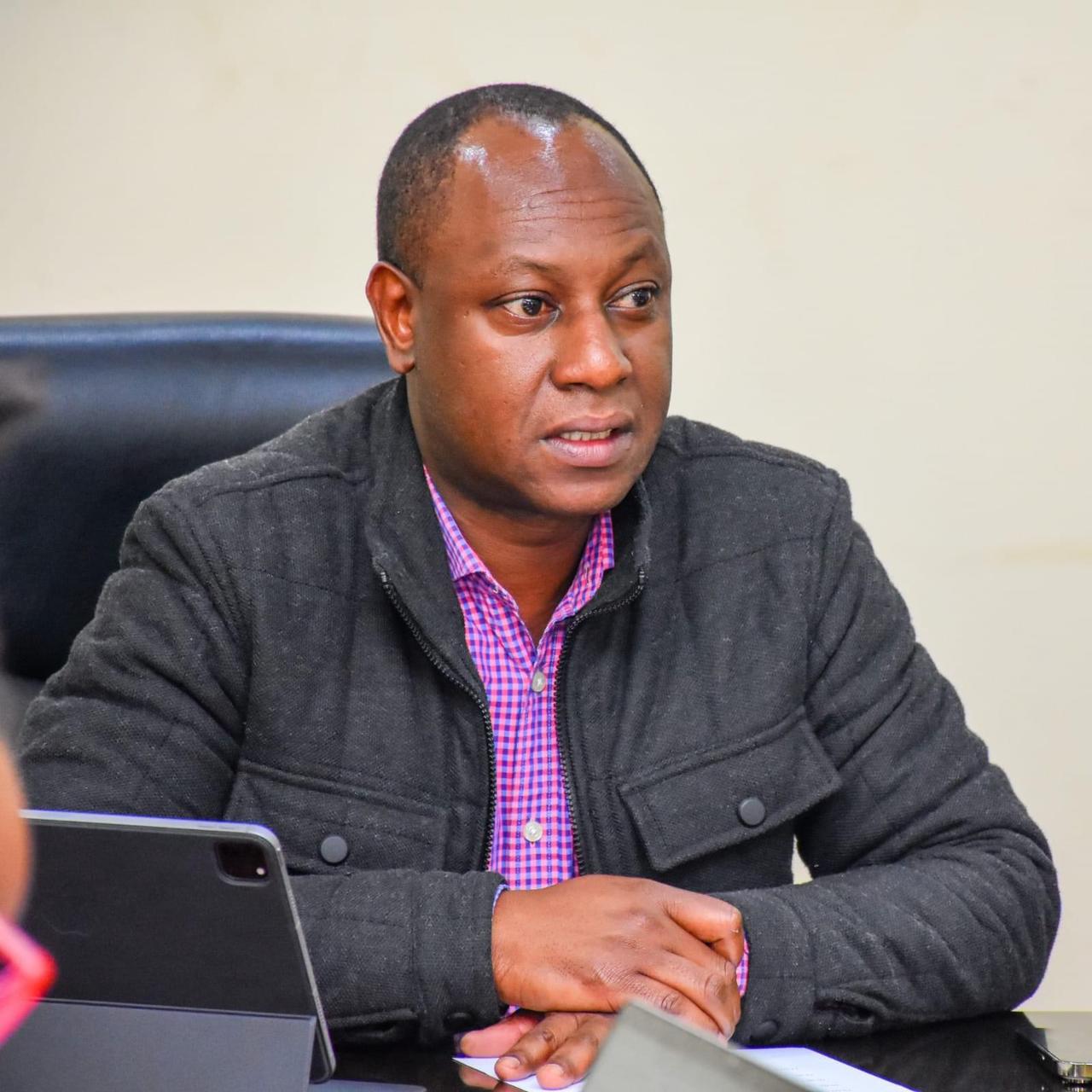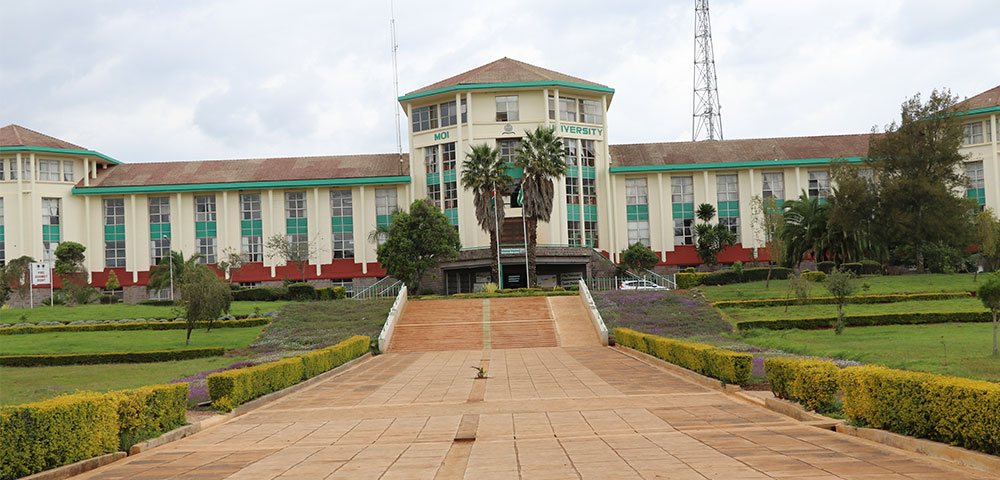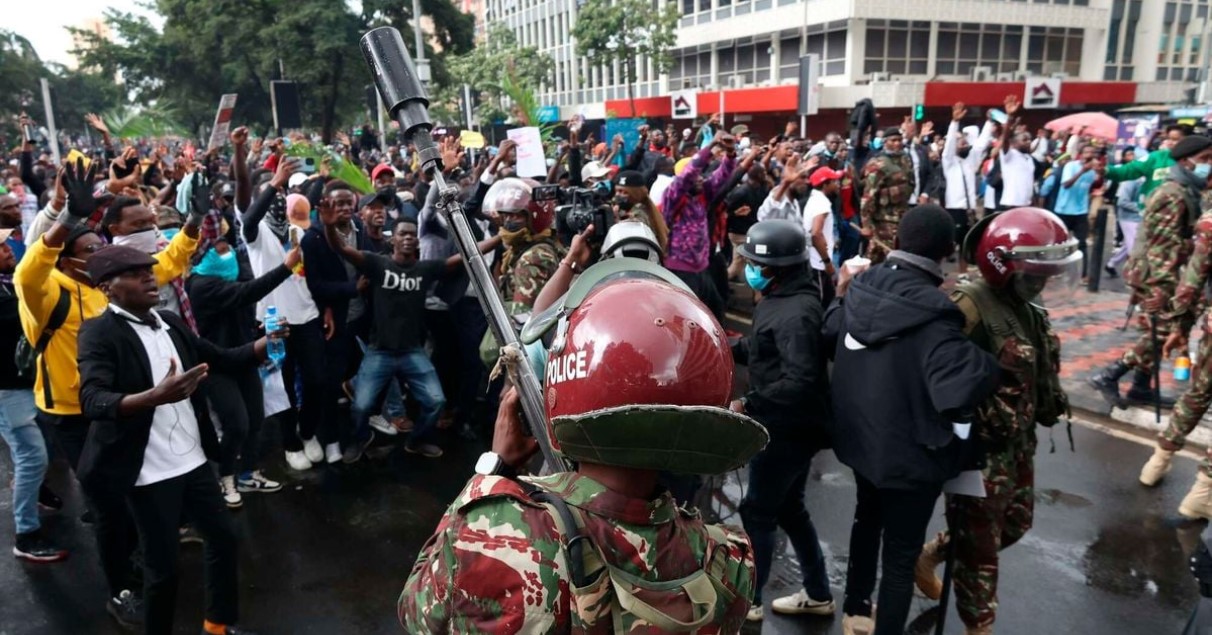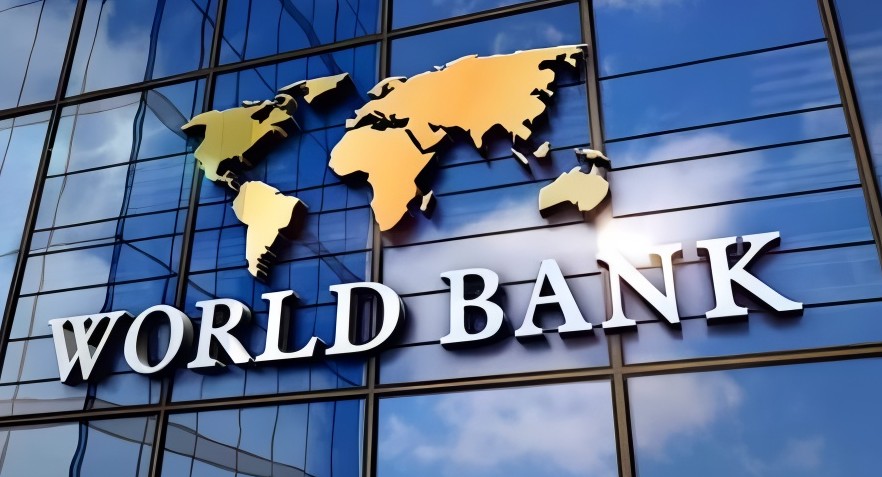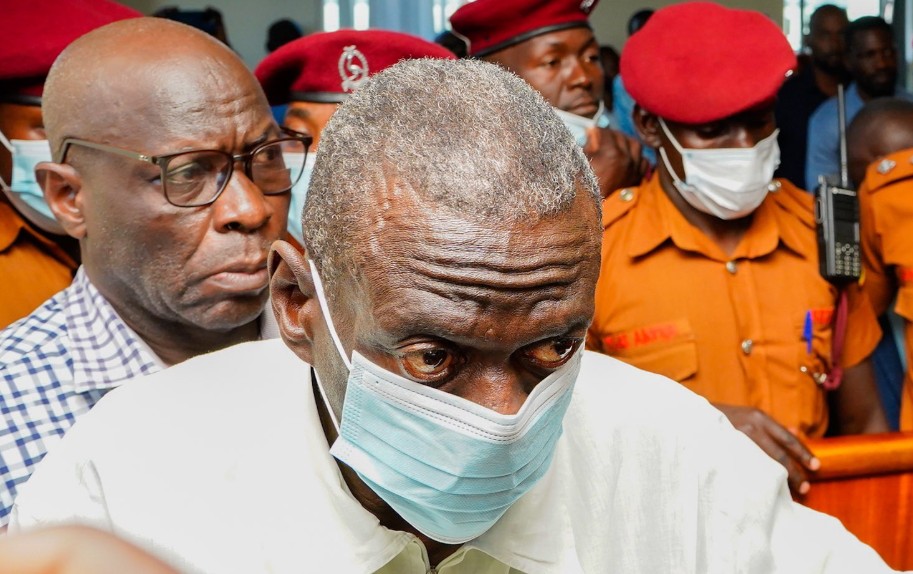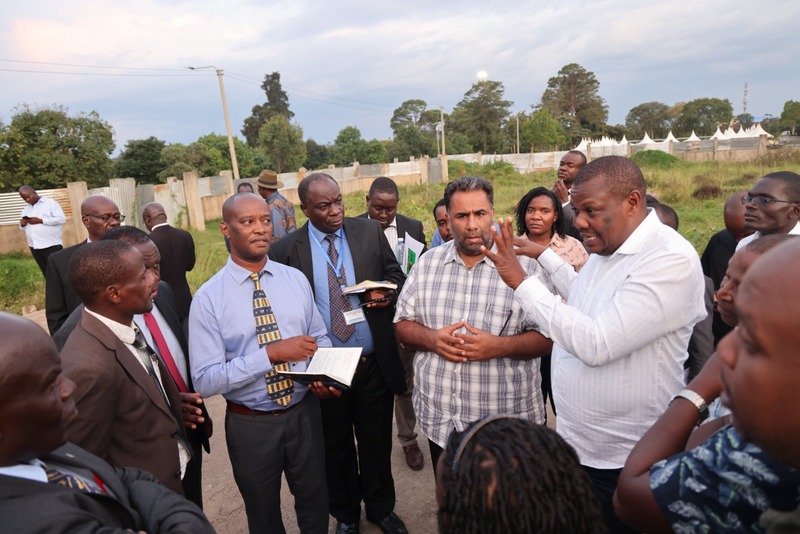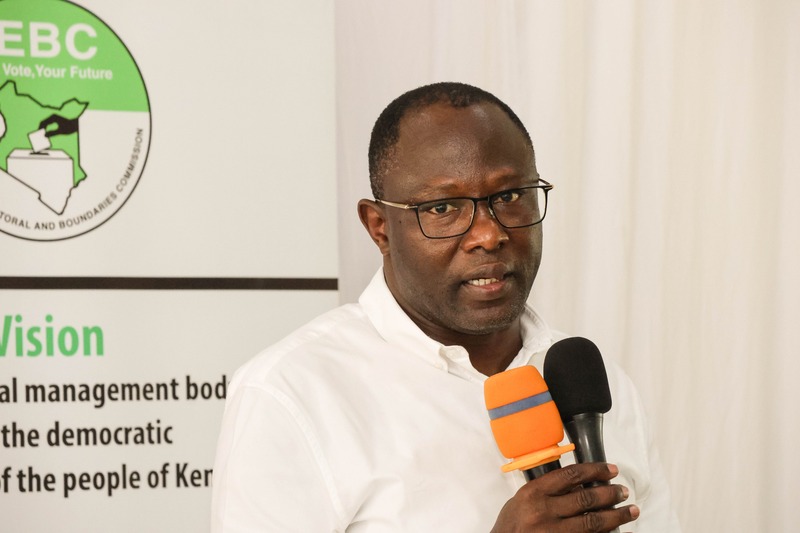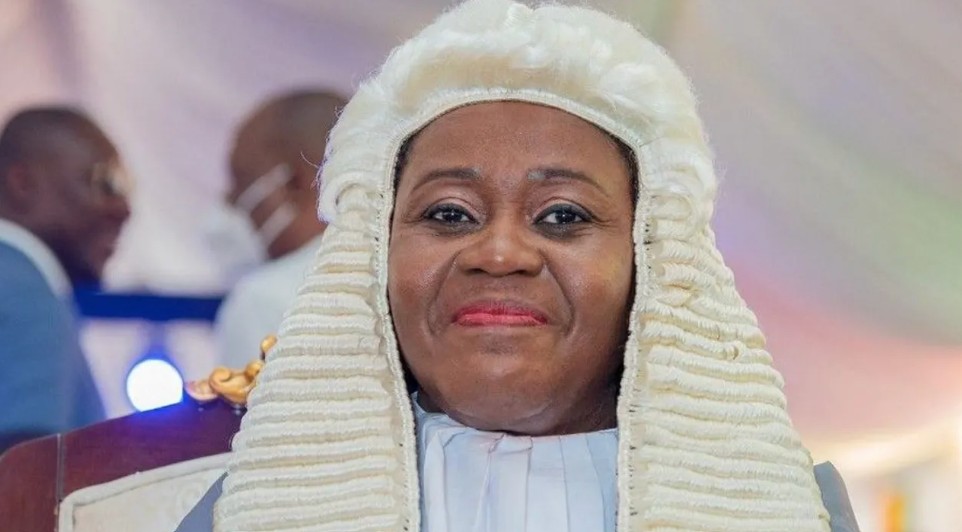Tribunal orders South Sudan to pay Sh9.6 billion to Vivacell over investment deal breach

Vivacell and its mother company, BVI, moved to court in 2018, lodging 17 claims against South Sudan and demanding $2.9 billion (around Sh375.1 billion) in compensation.
The International Chamber of Commerce (ICC) tribunal has ruled that the South Sudanese government must pay $74.32 million (about Sh9.6 billion) to Lebanon-based telecommunications company Vivacell for violating an investment agreement that gave the telco special operating rights before the country gained independence in 2011.
The ICC, in a judgement issued on May 26, ruled that South Sudan must pay $48,452,035 (approx. Sh6.3 billion) as the principal amount, $20,849,535 (around 2.7 billion) in interest, and $5,024,983 (around Sh649.3 million) to cover legal and other related costs.
More To Read
- South Sudan sees renewed clashes between gov't, opposition forces
- Global charity warns of worsening humanitarian crisis in South Sudan
- Kiir sacks finance, investment ministers amid South Sudan’s economic turmoil
- Salva Kiir appoints daughter as Presidential Envoy, stirring nepotism debate
- UN commander welcomes Rwandan troops to South Sudan
- South Sudanese ‘are counting on us’, top UN official tells Security Council
Vivacell and its mother company, BVI, moved to court in 2018, lodging 17 claims against South Sudan and demanding $2.9 billion (around Sh375.1 billion) in compensation, with additional interest accruing at what the South Sudan government described as an "exorbitant and extraordinary rate."
This came after the telco closed operations in South Sudan in March 2018 over a $66 million (around Sh8.5 billion) tax dispute that left over 200 South Sudan nationals without jobs.
The ICC rejected 12 out of the 17 claims, but its arbitration rules prevent the disclosure of specific details for each claim.
No proper license
According to the South Sudan government, Vivacell did not have a proper license to operate in the country after independence and was using an outdated permit issued by Sudan. This, the South Sudanese government says, allowed Vivacell to evade taxes and licensing payments amounting to $66 million (around Sh8.5 billion).
Vivacell first obtained a licence to operate telco services in South Sudan in 2003, which was amended in 2007 to grant the company generous benefits such as tax breaks, customs exemptions, free land for infrastructure and exclusive rights over mobile frequencies and tariffs.
The amended licence carried a fee of $7.5 million (around Sh970.1 million), but Vivacell only paid $1.5 million (around Sh194 million).
After South Sudan gained independence in July 2011, the government established a telecom regulator, the National Communications Authority (NCA), which in 2018 tried to enforce standard licensing fees on Vivacell like other operators, but the telco disputed the fees, resulting in the suspension of its licence.
Vivacell maintained that the 2007 licence it received before South Sudan became independent exempted it from paying licence fees and customs duties. The telco also argued that the licence gave them exclusive rights to use land for mobile towers and control over mobile frequencies and tariffs.
Vivacell was mostly owned by Lebanon's Fattouch Investment Group (75 per cent), with the remaining 25 per cent held by Wawat Securities, a firm connected to South Sudan's ruling party, the Sudan People's Liberation Movement (SPLM).
The South Sudan government has since commented on the development, with Information Minister Michael Makuei describing the fine as "exorbitant".
"It is important for all of you to know that the path we have travelled through has not been easy. We faced claims that threatened our economic stability and the livelihoods of countless South Sudanese citizens," he said.
Top Stories Today
